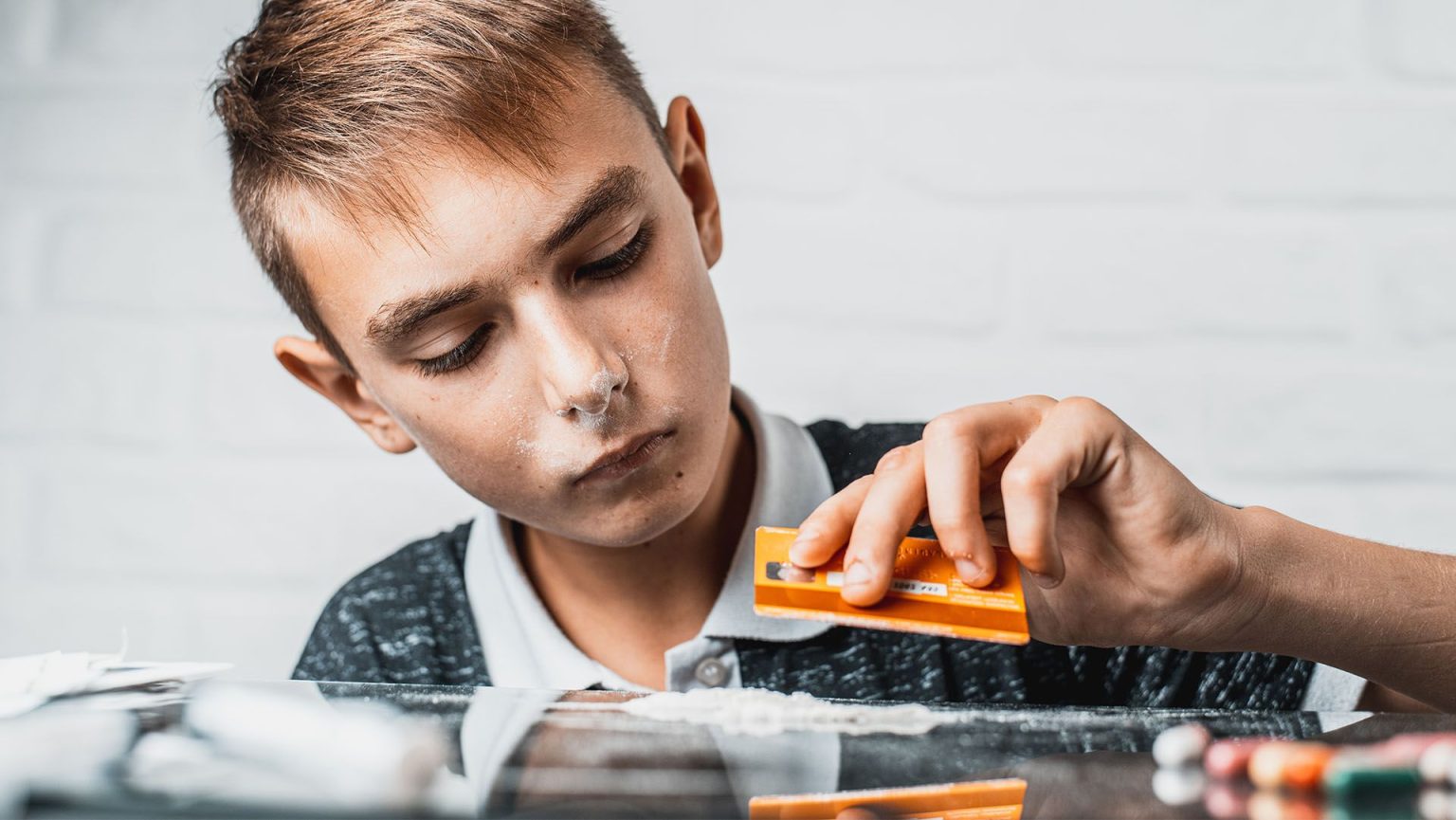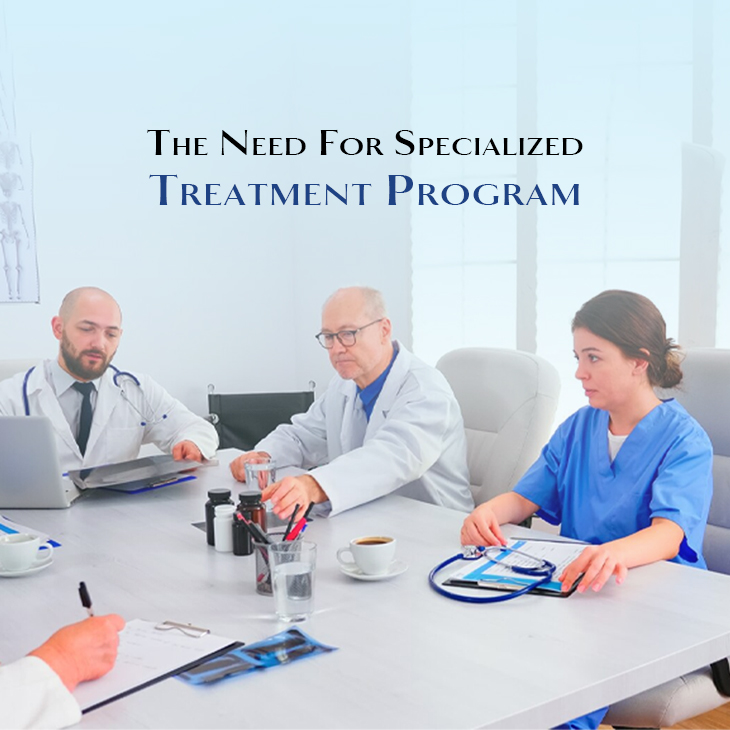It’s not easy seeing a loved one struggling with addiction and it’s even harder when they enter rehab. It can be a challenging time for both family and friends. Some may wonder if can you visit someone in rehab, the answer is yes you can. Even with approval many contemplate if they should visit their loved ones in rehab and it’s simple, if you can you should definitely meet them. A little support hurts no one and it’s beneficial for recovery. Effective treatment to get rid of substance abuse and speed up the process of addiction recovery, it is medically recommended to involve family and friends to acknowledge what an addict may be going through and offer support. It’s also a good practice to mend the potential problems that may have arisen because of addiction in between relationships.
One of the most common concerns of family and friends is how and when you can visit them, and most importantly, how long does alcohol rehab take. Taking this huge step by understanding the visitation process and how you can be a pillar of support for your loved one can make an impact on recovery towards sobriety.
Understanding Rehab Visitation Policies
Visitation policies are created to make sure the patient’s environment remains conducive to recovery and rehab centers often have strict policies. The policies can vary between facilities but they are essential to create an effective treatment plan.
Scheduled Visiting Hours – Rehab centers often have designated visiting hours. The times are carefully chosen not to coincide with treatment ensuring patients can focus more on their recovery.
Limited Visitors– Many rehab centers restrict the number of people that can visit a patient at a time. The scenario can be overwhelming for the patient. You’ll need to confirm with the rehab facility about who can visit and how many people can visit.
Pre-approval Process – Visitation hours are required to be pre-approved in some rehab centers. The process might involve background checks and interviews to ensure visitors are supportive of recovery.
Understanding the Importance of Visiting
Emotional support and encouragement from family and friends is necessary for recovery. When you have the option, don’t ask yourself, can you visit someone in rehab, just go for it and support your loved ones. They need it!
Still not convinced? Here’s why you should visit your loved one in rehab:
- They’ll know they have some support which makes a significant impact on the patient’s will power. It helps a patient stick with determination to the recovery plan.
- As said there’s a possibility that addiction can strain a relationship. A visit to your loved one in rehab might be an opportunity to repair and strengthen that bond.
- Recovery without motivation can be hard. The presence of loved ones can remind patients of why they need to recover from alcohol and substance abuse.
Preparing for Your Visit
Before the visit, make sure your loved one is comfortable having a visitor. Some patients may want to consider visits when they are more settled in their recovery and feel less overwhelmed.
The next thing you need to do is to respect the rehab center’s visitation policies. The rules are there to protect patients in their recovery process.
Positivity is essential. Addiction can bring a lot of negativity into lives that’s why focus on the positive. Make sure to initiate supportive conversations and avoid discussing stressful topics or any issues.
Listen to your loved one with full attention and without judgment. It’s the best way to show empathy and acknowledge their experiences and feelings.
What to Expect During a Visit
Visiting someone in rehab can be an emotional experience. Rehab centers are structured environments designed to promote recovery. You should expect a calm and focused atmosphere. Some visits may involve joint therapy sessions. These can be an opportunity to address relationship issues and develop better communication strategies. Treatment can bring out many emotions. Your loved one may experience a range of emotions, from joy and relief to anxiety and sadness. Be prepared for this and respond with compassion.
Supporting Their Recovery Journey
Your role doesn’t end with the visit. Continued support is crucial for your loved one’s recovery. Stay Connected with your loved one. Regular communication, whether through visits, phone calls or letters, can provide ongoing support. You can also seek family therapy: Many rehab centers offer family therapy sessions, which can help address underlying issues and improve family dynamics. Educate yourself on how you can be a better support. Learn about addiction and recovery to better understand what your loved one is going through and how you can support them.
Wrap Up
Don’t worry about how long does alcohol rehab take or if your loved one will ever recover from alcohol and substance addiction. Just try your best to be a better support system. Relationships require us to stand up for each other and be there through ups and downs no matter what.
So if your loved one is struggling with addiction, make sure your love, support and encouragement is the driving force through recovery.














